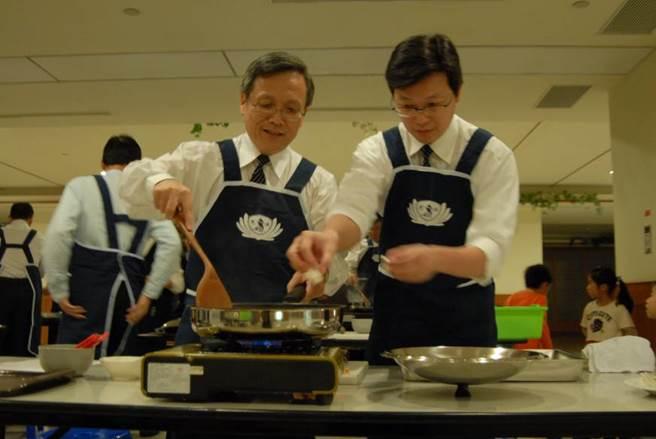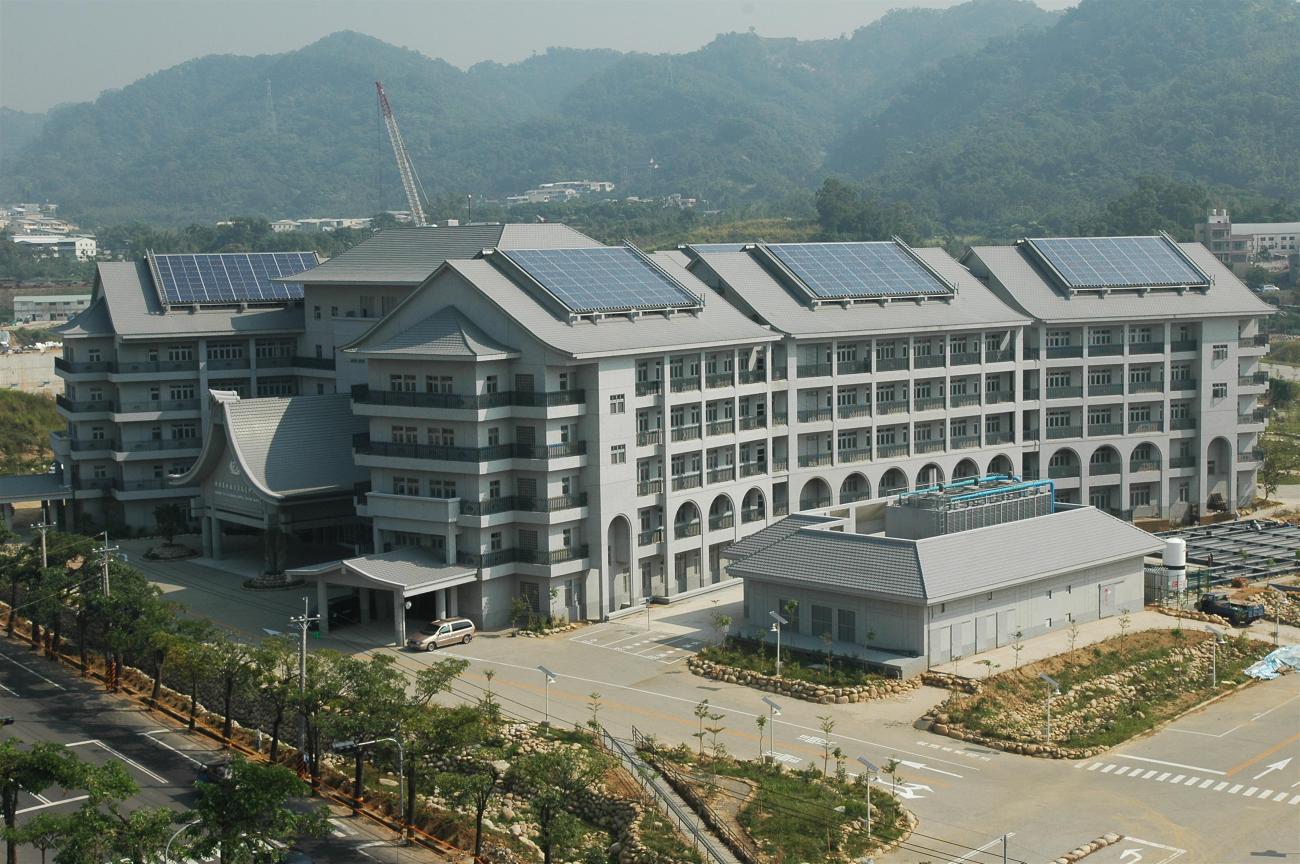by Luisa Dela Cruz
Climate change is affecting public health, yet health care is significantly contributing to climate change. The 2020 Challenge, an initiative of Health Care Without Harm, moves members of the health sector to take active steps in the fight against climate change by taking measurable actions to reduce their carbon footprint from shifting to healthier sources of energy, sustainable modes of transportation, and alternative medical waste management systems and technologies, among other factors.
The Buddhist Tzu Chi Medical Foundation, a Global Green and Healthy Hospitals (GGHH) member which runs six (6) hospitals and one health center in Taiwan, has focused on food to further its 2020 Challenge initiative in environmental and human health care.
Healthier and fresher food options
“Resource saving measures should start from the level of individuals and family units; the hospital is a big household,” says CEO Dr. Chin-Lon Lin, who is also one of GGHH's experts on Leadership and Food. With the belief that the hospital is a basic unit of society and should thus initiate change, they have created the goal of saving 7500 tons of CO2 from food consumption.
Tzu Chi hospitals hold their own vegetarian cooking classes
In achieving their goal, the Hualien and Dalin Tzu Chi hospitals, members of the medical foundation, grow the produce that they cook and feed their patients. The hospitals eliminate transportation or food mileage, a big player in climate change. By growing the produce themselves, they need only walk to the gardens in their respective hospital compounds, no CO2 emissions involved.
More importantly, everyone is assured that food is what it should be: pure and chemical-free. This farm-to-fork system is a simple act that literally goes back to humanity’s roots which is naturally growing one’s own food. The benefits of this practice are stretched, as well, with gardening serving as therapy for mentally-challenged patients. In addition to this, anyone can learn traditional Taiwanese and plant-based cooking methods in several Tzu Chi hospitals who offer it, methods dating back to yesteryear that are friendly to one’s body and the environment.
The Da Ai Farm in the Dalin Tzu Chi Hospital compound where the hospital cafeteria's organic produce is cultivated
The Tzu Chi Medical Foundation thus uses its great influence in forging the path towards public awareness and the public gaining of practices pertinent to healthy living as they see their “duties in holistic approaches and focus on individual motivation to adapt a change.”
Optimizing Green Technology
The Tzu Chi Medical Foundation's thrust into the 2020 Challenge, while mainly focusing on food and food leadership, is spread throughout medical waste, energy, and water. Their goal is to also create a paperless and film-less environment.
Solar panels atop the Taichung Tzu Chi Hospital
With electronic medical records, picture archiving and communication systems, and hospital information systems - doctors can see medical records and results all electronically. Energy saving and water saving initiatives include optimizing heat generated by air-conditioners to create hot water, recycling rainwater for a number of uses, and using solar energy to power road lamps - all efforts that maximize our current technology to “create [a] supportive [hospital] environment” that is self-sustaining and green.
The Tzu Chi Medical Foundation and other participants of the 2020 Challenge all acknowledge the ill effects of climate change and acknowledge that they are at positions to mitigate great and positive change. All these entities already are doing so and, as Dr. Lin said, “providing care with respect for our patient and for our planet” with methods that affirm tradition while making the most out of what science has to offer.
(Photos courtesy of Buddhist Tzu Chi Medical Foundation)
Luisa dela Cruz is a volunteer of Health Care Without Harm - Asia. She is an incoming Health Sciences student at the Ateneo de Manila University.

